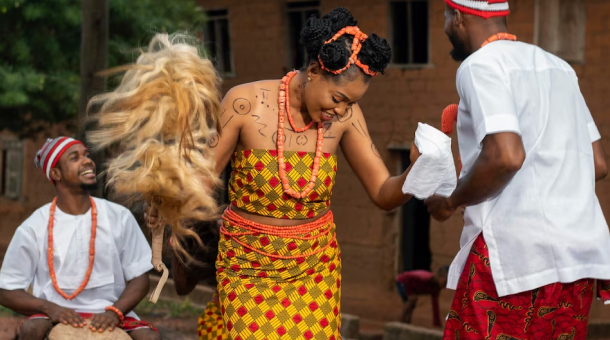
The United States Virgin Islands (USVI) is a vibrant and enchanting archipelago in the Caribbean, consisting of three main islands – St. Thomas, St. John, and St. Croix. Beyond its breathtaking beaches and crystal-clear waters, the USVI boasts a rich and diverse history that has shaped its unique cultural identity. From indigenous Arawak and Carib settlements to European colonization and the struggles for emancipation and civil rights, the USVI’s historical and cultural events play a crucial role in preserving the island’s heritage. This article delves into some of the most significant historical and cultural events that have left an indelible mark on the USVI’s past and present.
- Indigenous Roots and Early Settlements:
Long before the arrival of European explorers, the USVI was home to the indigenous Arawak and Carib peoples. Archaeological evidence shows that these communities lived in harmony with nature and left behind fascinating artifacts, such as pottery, tools, and rock carvings. Understanding and preserving this pre-Columbian heritage is essential to appreciate the deep-rooted connections between the island’s original inhabitants and its natural environment.
- Danish Colonization and the Influence of European Heritage:
In the early 17th century, the Danish West India Company established its presence on the islands, leading to over 200 years of Danish colonization. During this period, the sugar trade flourished, and plantation economies shaped the islands’ socio-economic landscape. Visitors can still witness remnants of Danish architecture, including historical buildings and forts, which serve as poignant reminders of the island’s colonial past.
- The Transatlantic Slave Trade and Emancipation:
The painful legacy of the transatlantic slave trade significantly impacted the USVI, as enslaved Africans were brought to work on the sugar plantations. The struggles endured by these individuals during this dark period in history continue to be acknowledged and commemorated through various events, such as Emancipation Day. These events stand as a testament to the resilience and strength of the African heritage that permeates the island’s culture.
- Transfer Day and US Virgin Islands’ Status:
On March 31, 1917, the USVI transitioned from Danish to American rule through the Transfer Day agreement. This event marked a crucial turning point in the islands’ history, as the people of the USVI became American citizens. It also solidified its unique status as an unincorporated territory, with its own distinct culture and identity under the umbrella of the United States.

- Cultural Celebrations and Festivals:
Preserving the island’s heritage also involves celebrating its vibrant culture through various festivals and events. The lively Carnival season, observed on each of the main islands, showcases the USVI’s rich cultural diversity through music, dance, traditional crafts, and mouthwatering cuisine. These celebrations not only bring communities together but also attract tourists who get to experience the essence of the USVI’s unique identity.
- Environmental Conservation Efforts:
While the USVI’s history and cultural events are vital to preserving its heritage, efforts to conserve its natural environment are equally crucial. Preserving the island’s biodiversity, marine life, and delicate ecosystems ensure that future generations can connect with the land and its resources as their ancestors once did. Numerous initiatives, such as marine parks and nature reserves, work tirelessly to protect the USVI’s ecological treasures.
Conclusion:
The USVI’s historical and cultural events weave a tapestry of stories that enrich the understanding of its heritage and identity. From the indigenous roots to colonial influences, emancipation struggles, and modern-day celebrations, each aspect of the USVI’s past plays a crucial role in preserving its unique identity. By acknowledging and appreciating these events, the USVI ensures that its history and culture remain alive and cherished, guiding the path toward a vibrant and thriving future.
